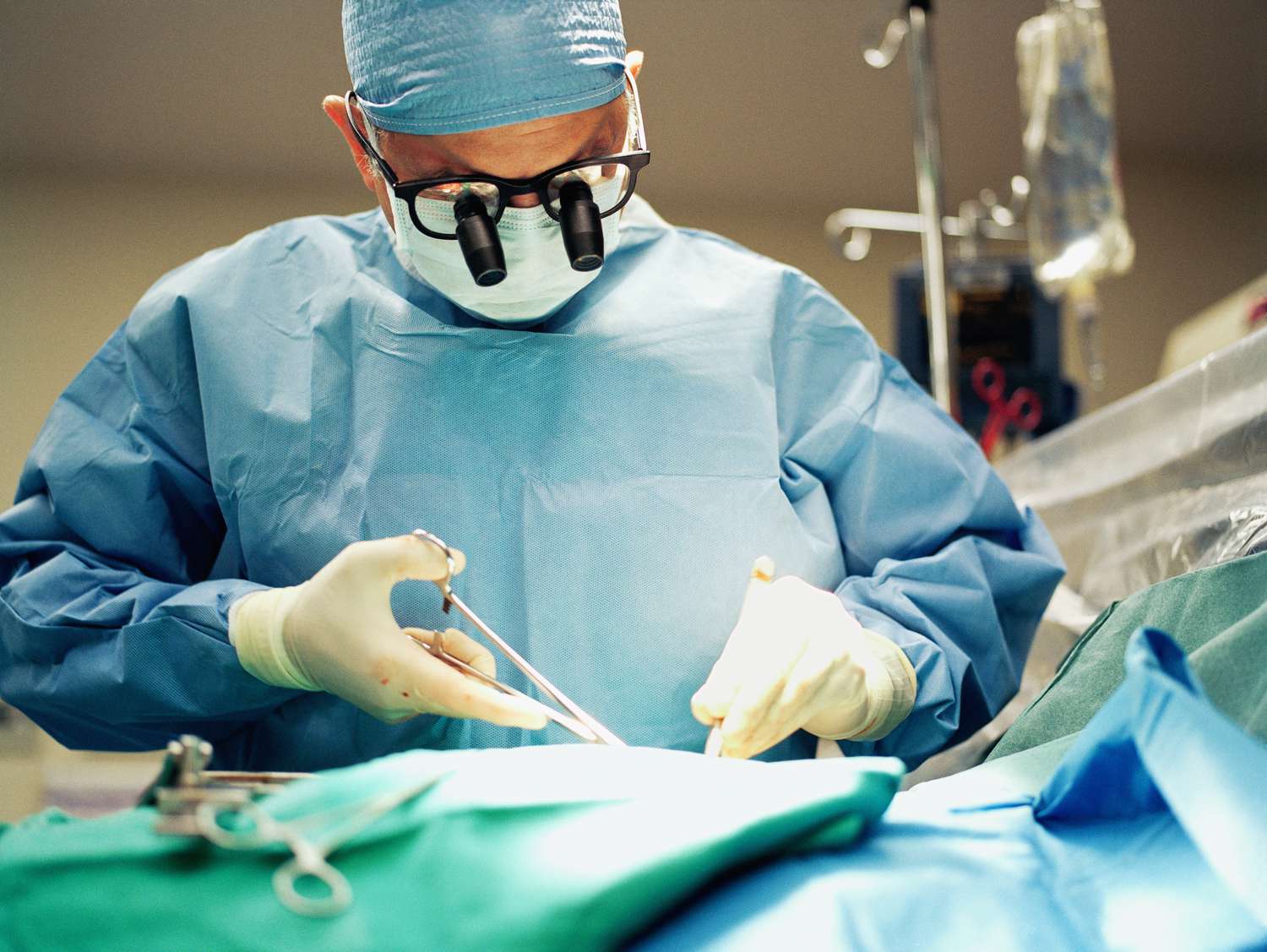Pacemaker surgery is a life-saving procedure for many individuals with heart rhythm disorders. For those considering this treatment in Delhi, understanding the associated costs is crucial for proper planning and decision-making. This post aims to provide a comprehensive overview of pacemaker surgery costs in Delhi, helping patients and their families navigate this important healthcare decision.
What is a Pacemaker?
Before delving into costs, it’s essential to understand what a pacemaker is. A pacemaker is a small device implanted in the chest to help control the heartbeat. It’s used to treat arrhythmias, which are problems with the rate or rhythm of the heartbeat.
Factors Influencing Pacemaker Surgery Costs in Delhi
The cost of pacemaker surgery in Delhi can vary significantly based on several factors:
- Type of Pacemaker: There are different types of pacemakers, including single-chamber, dual-chamber, and biventricular pacemakers. More advanced models typically cost more.
- Hospital Choice: Costs can vary between government, private, and super-specialty hospitals. Private hospitals often charge more but may offer more personalized care.
- Surgeon’s Experience: While we won’t mention specific names, more experienced surgeons may charge higher fees.
- Pre and Post-operative Care: These costs include diagnostic tests, medications, and follow-up visits.
- Length of Hospital Stay: The duration of hospitalization can significantly impact the overall cost.
- Insurance Coverage: The extent of insurance coverage can greatly affect out-of-pocket expenses.
Average Cost Range
As of 2024, the cost of pacemaker surgery in Delhi typically ranges from ₹1,50,000 to ₹5,00,000 (approximately $2,000 to $6,700 USD). However, it’s important to note that these figures are estimates and can vary based on the factors mentioned above.
Break-down of Costs
Here’s a general break-down of what contributes to the total cost:
- Pacemaker Device: 50-60% of the total cost
- Surgeon’s Fee: 10-15%
- Hospital Charges: 20-25%
- Anesthesia: 5-10%
- Pre and Post-operative Care: 10-15%
Government vs. Private Hospitals
Government hospitals in Delhi often offer pacemaker surgeries at significantly lower costs compared to private hospitals. However, waiting times can be longer, and the choice of pacemaker models might be limited.
Private hospitals, while more expensive, typically offer a wider range of pacemaker options, shorter waiting times, and more comfortable facilities.
Insurance and Pacemaker Surgery
Many health insurance policies in India cover pacemaker surgeries. However, coverage limits, waiting periods, and specific terms can vary. It’s crucial to thoroughly review your policy or consult with your insurance provider to understand the extent of coverage.
Additional Costs to Consider
When budgeting for pacemaker surgery, consider these additional costs:
- Follow-up Visits: Regular check-ups are necessary after surgery.
- Medication: Long-term medication may be required.
- Pacemaker Replacement: Pacemakers typically last 5-15 years before needing replacement.
Tips for Managing Costs
- Compare Hospitals: Get quotes from multiple hospitals in Delhi.
- Check Insurance Coverage: Understand your policy’s terms and limitations.
- Inquire About Payment Plans: Some hospitals offer installment options.
- Consider Government Hospitals: If budget is a major concern.
- Look for Health Camps: Occasionally, hospitals organize camps offering discounted treatments.
Conclusion
Pacemaker surgery in Delhi offers a range of options catering to different budgets and needs. While costs are a significant factor, it’s equally important to consider the quality of care, surgeon expertise, and hospital facilities. By thoroughly researching options and understanding all associated costs, patients can make informed decisions about their heart health without compromising on the quality of care. Remember, investing in your health is investing in your future, and with Delhi’s renowned cardiac care facilities, you’re in good hands.


